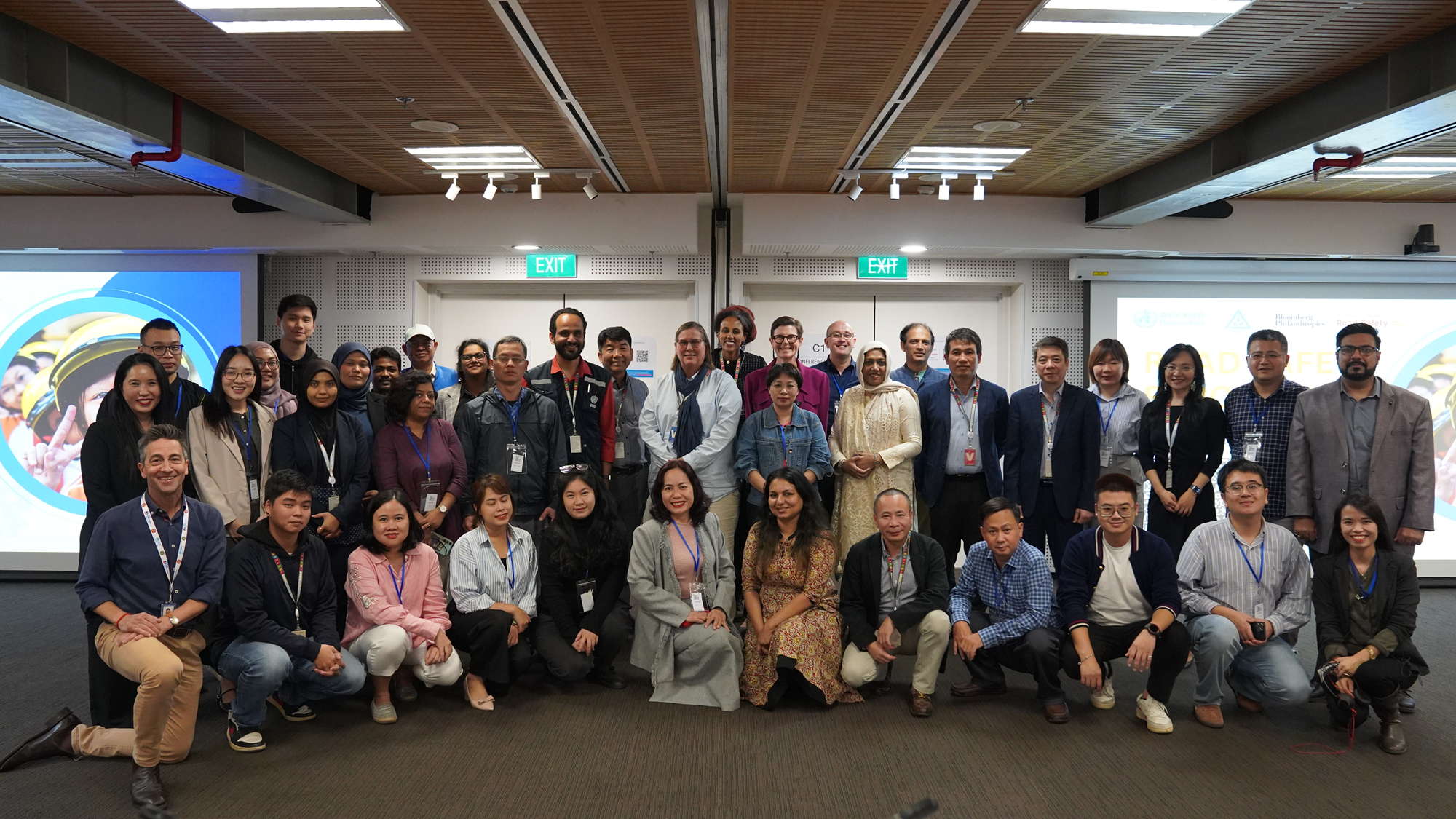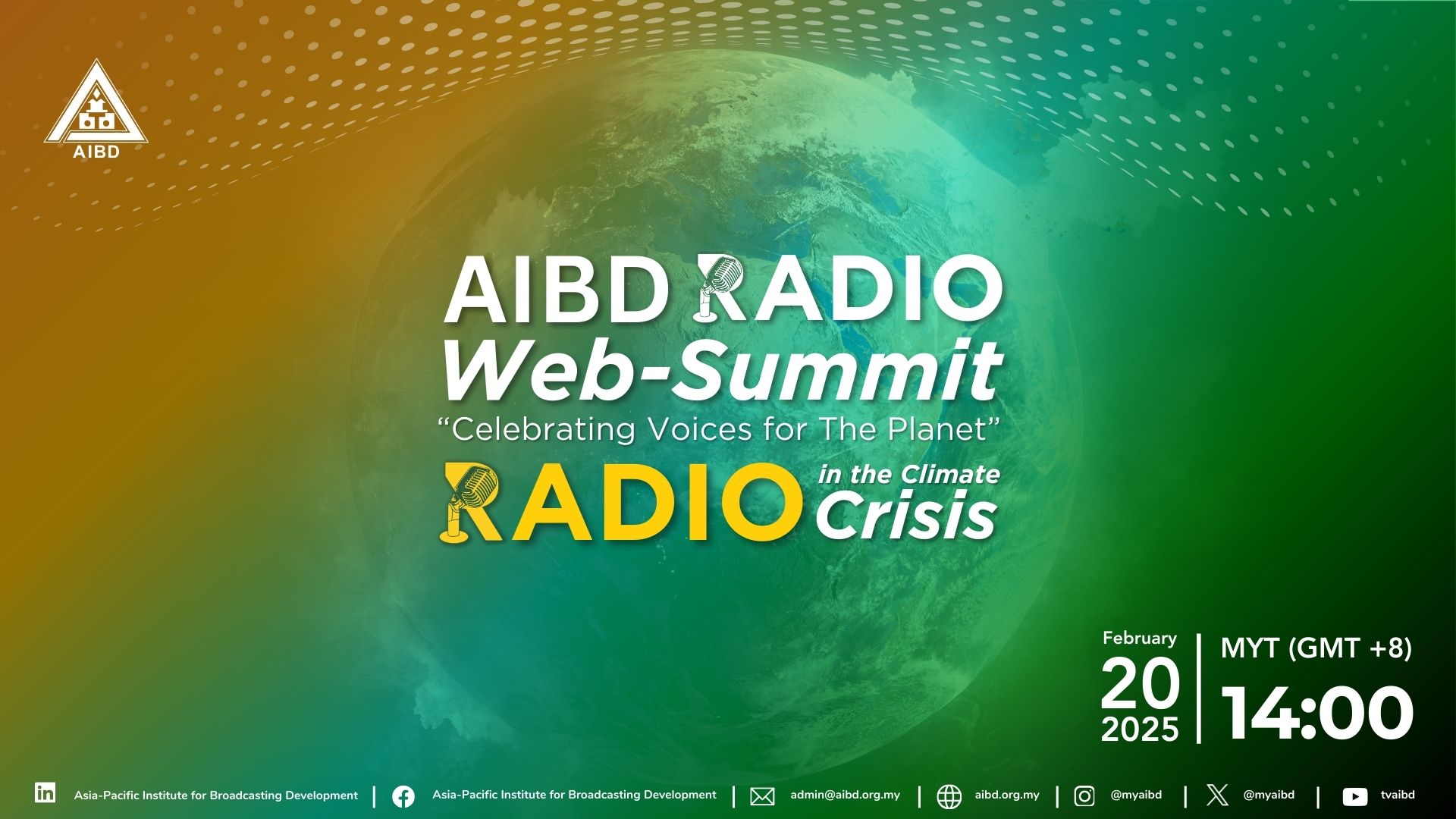
For a Greener, Ozone-Friendly World
A first-of-its-kind workshop, which it is hoped will serve as a pilot to be replicated in other countries, was held on Understanding Links Between Ozone Depletion and Climate Change. Organized jointly by HUM TV, AIBD, UNEP, CBA and Ministry of Climate Change, government of Pakistan, the workshop was held on September 6 and 7, as a timely precursor to World Ozone Day which is celebrated on September 16.
A first-of-its-kind workshop, which it is hoped will serve as a pilot to be replicated in other countries, was held on Understanding Links Between Ozone Depletion and Climate Change. Organized jointly by HUM TV, AIBD, UNEP, CBA and Ministry of Climate Change, government of Pakistan, the workshop was held on September 6 and 7, as a timely precursor to World Ozone Day which is celebrated on September 16.

Spread over two days and attended by the major broadcasting houses of Pakistan, the workshop was a comprehensive effort which strived to explain to the media in layman terms the enormity of the issue surrounding ozone depletion, the unprecedented success of the Montreal Protocol (adopted in 1987) that was ratified by 195 governments, including South Sudan, its newest signatory; and the repercussions – not all of which were good – of the Montreal Protocol 25 years down the road.
It was an enlightening discovery for most participants to learn that while the ozone depletion issue had been resolved 87 per cent thanks to the timely intervention of all countries in phasing out ODS (ozone depleting substances), the challenge facing the world now is that the increased use of the ozone-friendly HCFCs (hydrochloroflourocarbons) has resulted adversely on climate change. Hence the need of the hour now is to phase out HCFC-based appliances also (mostly refrigerators and air-conditioners) and replace them with appliances using natural refrigerants.
Examples close to home of how the media could help create awareness among the general public to do their bit to protect the environment, served as an eye-opener to the participants. A common problem that most households and offices in Pakistan face is that of ‘gas leakage’, resulting in constant gas replenishment in air-conditioners and refrigerators, which one learnt is the easy way out and wholly unnecessary step that most mechanics take when repairing these appliances, and what’s more it causes the release of greenhouse gasses. The realization that one should be more alert when getting repairs done, and should replace HCFC-based appliances with the more environment-friendly natural refrigerant-based ones which are also energy-efficient and so cost-effective went down well with the participants.

Ably conducted by Nalaka Gunawardene of TVE AP Sri Lanka who was the lead trainer, the workshop included an eminent resource team comprising Atul Bagai, senior regional coordinator UNEP Ozone Action, Denise Sioson, UNEP OzoneAction; Moneeza Hashmi, president CBA and GM International Relations HUM Network Ltd; Kakuko Nagatani-Yashida, UNEP OzoneAction; Mohammed Ashraf, joint-secretary Ministry of Climate Change; and Asif Khan, Ozone Cell Pakistan.
With a view to spreading the message to the masses to use ozone-friendly products that are not harmful to the climate either, the workshop concluded with participants being divided into three groups, each group presenting a storyboard of a programme that could be aired to help disseminate this message. It was heartening to note that all three teams came up with excellent ideas in the very short time allocated to them. It is to be hoped that they will be as effective in spreading the word through their individual media houses.

By Ms. Shanaz Ramzi, General Manager, Public Relations and Publications, HUM Network Ltd





